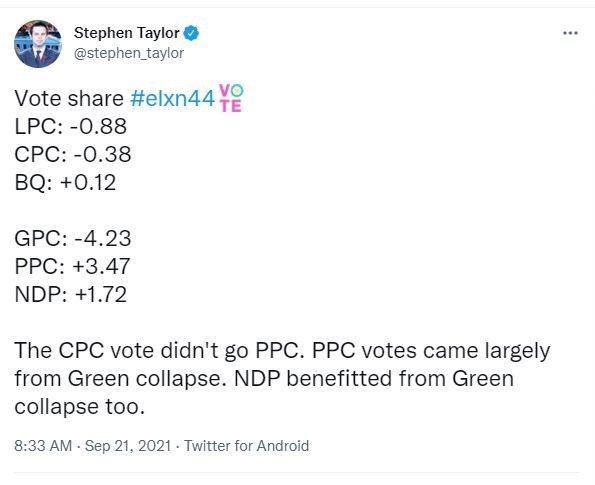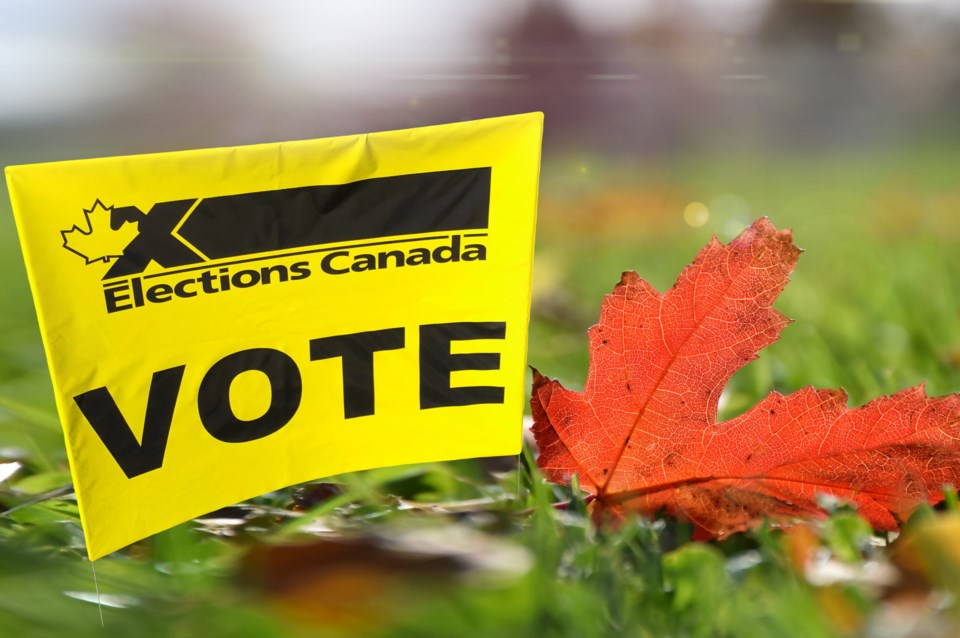What’s it all about, Alfie?
Is it just for the moment we live?
What’s it all about, when you sort it out, Alfie?
After an election that changed almost nothing in terms of the composition of the House of Commons, you might expect things will just carry on behind the scenes. But that’s not how politics works; every election is a crucial event that raises as many questions as it resolves.
Today, each party faces new problems.
Start with the Liberals, who have – by far – the best sort of problem: the kind you have in government.
Justin Trudeau and his team will say they have a decisive mandate, because that’s what you have to say with a precarious minority government.
Their problem is that wasn’t the deal they made. Publicly, the premise of the election may have been about giving Canadians a choice, et cetera and so forth, but internally, it was a completely different proposition: winning a majority government.
That didn’t happen, and the Liberals are almost exactly right back where they started, minus a load of precious political capital. Justin Trudeau looks less and less like an asset at the ballot box, and more like something the Liberals have to overcome – and prospective successors will already be sending out feelers.
The Liberals are probably too professional to allow another cold-but-open war like Jean Chretien and Paul Martin. But if party brass gets too anxious, they won’t hesitate to nudge Trudeau into taking his own walk in the snow.
All that said, being in government is the best kind of problem to have. For that reason alone, the Liberals are in better shape than the parties below.
The Conservatives have rather different problems – one of which is an uncertain future for its leader. There are already people, including very smart people on this site, who think Erin O’Toole’s days could be numbered. I think this is a mistake, for two reasons:
First, stability. Erin O’Toole has been leader for not quite 13 months. To seem like a government in waiting, stability is a good thing. The last thing the Conservatives need is a series of one-and-done leaders cycling through every couple of years.
Second, patience. The Conservatives should first do the work and analyze whether they lost many (or even any) seats from right-wing voters suspicious of O’Toole’s comparative centrism, and drifting instead to the People’s Party.

If that analysis happens, I’m curious to see the results. Because like the tweet above, I doubt the PPC cost the Conservatives many seats or even votes – instead mostly attracting people who wouldn’t otherwise vote at all, which remains Canada’s largest single voting block. And even if the Tories did lose a significant chunk of voters to the PPC, this phenomenon may be temporary, driven mostly by pandemic frustrations.
In other words: take a breath.
We’ll skip the Bloc Quebecois, because this is a BC-focused site, and because they more or less accomplished their goals: preventing a majority government, keeping Quebec issues at the forefront of national politics, and finding/manufacturing another national humiliation at the hands of perfidious Anglo Canada.
Questions of strategy and demography lurk for the fourth-place NDP.
Over and over during this campaign, the NDP tut-tutted questions about their youth-focused approach, which poured a lot of effort into things like TikTok. Whether it was innovative (it was) is beside the point; the question is whether it’s effective. It’s fair to ask whether a video of Singh silently standing in the shower does more harm than good; after all, he’s running to be prime minister. Isn’t he?
The NDP under Singh is like a clever YouTube ad that goes viral, but doesn’t result in more sales. All those extra eyeballs are nice, but if nobody’s buying…what are we even doing here?
As I wrote yesterday: In the end, the most important factor in NDP success or failure is mostly beyond their control: they do best when the wind seems to be blowing towards a clear Liberal or Conservative majority. That’s not the case in 2021.
Singh tried to paint last night as a win, but his party remains stuck in fourth, unable to capitalize on a Green colony collapse, much less entice Liberal voters.
Speaking of colony collapse, all you can ask the Greens is whether it was worth it.
Was hewing to a narrow, ideological view of one distant regional conflict worth fatally undermining a national party? Was it really more immediate and urgent than a global climate crisis? Was it worth finding every petty excuse to kneecap the country’s first black, female, Jewish leader – what should have been an intersectional triumph?
I suspect for many of those involved, the answer is still yes.
Maclean Kay is Editor-in-Chief of The Orca
SWIM ON:
- Last night Maclean Kay looked at the best- and worst-case scenarios for all the major parties.
- ‘Voters sent the Greens a clear message: Get your stuff together, or get lost.’ Rob Shaw on the one party that suffered a crushing defeat last night.
- As the season changes, and as attention returns closer to home than Ottawa, the BC Liberal leadership race should pick up interest – and intensity. Jordan Bateman peers into his crystal ball.



